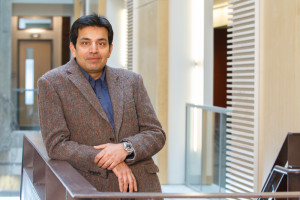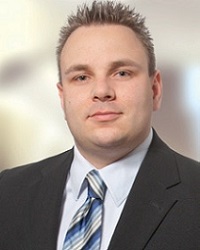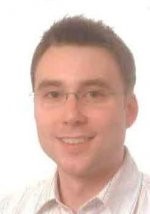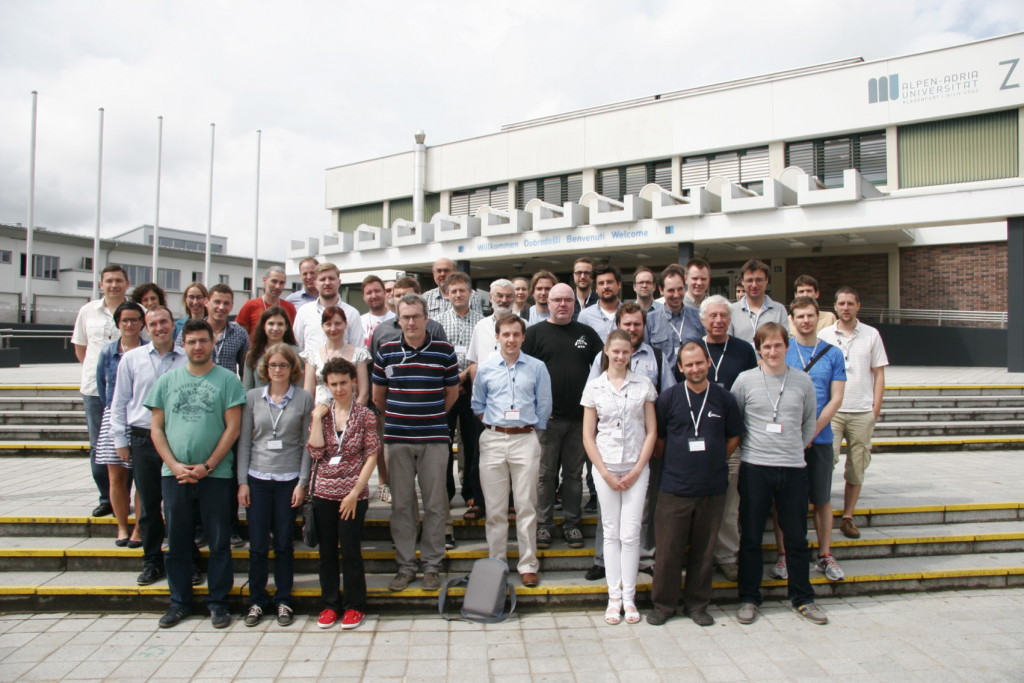Prof. Tadeusz Morzy | 23.10.2015 | 14:00 Uhr | E.2.69
Abstract
Many applications require processing and analyzing sequential data. Examples include the analysis of passenger traveling histories, stock market prices, purchases of customers over time, meteorological events, workflow and RFID logs, etc. Recently, issues related to warehousing and analytical processing (OLAP) of sequential data have received growing attention. Particularly, the concept of Sequence OLAP (SOLAP) has been proposed that support OLAP processing of different kinds of aggregate queries on sequential data. The main feature distinguishing SOLAP from traditional OLAP is that data sequences managed by an SOLAP system are characterized by subsequence patterns they possess. The SOLAP systems allow to group data sequences based on patterns they possess and apply aggregate functions to each group. This kind of SOLAP queries are called a sequential pattern-based aggregate (PBA) queries. The processing of PBA queries is expensive due to the fact that they require full scan of all stored sequences. The natural question is how to efficiently evaluate this kind of queries?
The talk focuses on the new index structure supporting processing of sequential pattern-based aggregate queries. The structure of the index will be presented as well as classes of pattern-based aggregate queries supported by the index will be discussed. Finally, the performance of PBA queries using the proposed index will be presented.
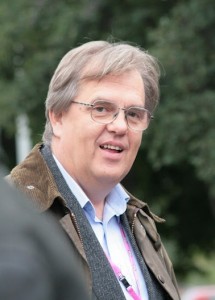 Tadeusz Morzy is a professor in the Computing Science Department of Poznan University of Technology. He received his M. Sc., Ph. D. and Polish Habilitation from the Technical University of Poznań, Poland. He has held visiting positions at the Loyola University, New Orleans, Klagenfurt University Austria, University La Sapienza Italy, and Free University Amsterdam. He has authored and coauthored over 100 papers on databases, data mining, and data warehousing. He is co-author of a book on „Concurrency Control in Distributed Database Systems“ by North-Holland, editor and coauthor of “Handbook on Data Management” by Springer, and author of “Data Mining: Methods and Algorithms” (in Polish). He served as General Chair of the 2nd and 16th ADBIS Conferences (1998, 2012), and has served/serves on numerous program committees of international conferences and workshops. His research interests include data mining, data warehousing, transaction processing in database and data warehouse systems, access methods and query processing for databases, database optimization and performance evaluation.
Tadeusz Morzy is a professor in the Computing Science Department of Poznan University of Technology. He received his M. Sc., Ph. D. and Polish Habilitation from the Technical University of Poznań, Poland. He has held visiting positions at the Loyola University, New Orleans, Klagenfurt University Austria, University La Sapienza Italy, and Free University Amsterdam. He has authored and coauthored over 100 papers on databases, data mining, and data warehousing. He is co-author of a book on „Concurrency Control in Distributed Database Systems“ by North-Holland, editor and coauthor of “Handbook on Data Management” by Springer, and author of “Data Mining: Methods and Algorithms” (in Polish). He served as General Chair of the 2nd and 16th ADBIS Conferences (1998, 2012), and has served/serves on numerous program committees of international conferences and workshops. His research interests include data mining, data warehousing, transaction processing in database and data warehouse systems, access methods and query processing for databases, database optimization and performance evaluation.
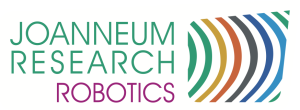 ROBOTICS – INSTITUT FÜR ROBOTIK UND MECHATRONIK
ROBOTICS – INSTITUT FÜR ROBOTIK UND MECHATRONIK
